Exploring the World of Rejected Clothes
The term rejected clothes refers to garments that have not passed quality checks typically due to minor defects or production overruns. These items offer an economical and eco-friendly option for consumers and retailers alike. The market for such clothing has expanded, with platforms like Alibaba.com facilitating the connection between sellers and buyers looking for export reject clothes and similar items.
Types and Sources of Rejected Clothing
Branded rejected clothes often come from well-known labels that maintain strict quality control. These garments might have negligible imperfections, making them unsuitable for traditional retail. Zara reject clothing online, Edgars reject clothes, and other similar branded items are commonly sought after due to their design and quality, despite being rejects. Export rejected clothes online platforms have made it easier for a global audience to access these items.
Applications and Advantages of Rejected Garments
Purchasing rejected clothes wholesale is not just cost-effective but also environmentally beneficial. By choosing these garments, consumers and retailers are reducing the environmental impact by minimizing waste and the demand for new manufacturing. These clothes are suitable for various occasions, from casual wear to more formal events, depending on the style and type of reject, such as reject jacket or Zara reject jeans.
Features and Quality of Rejected Apparel
While they may be classified as rejects, these clothes often retain high-quality materials and craftsmanship. Brand rejected clothing might only have minor cosmetic issues that do not affect functionality or overall style. From everyday wear to specialized items like custom rejected clothes, the range is extensive and diverse.
Choosing the Right Rejected Clothing
When looking to buy rejected clothing, it's essential to consider the type of defect and whether it impacts the garment's wearability. Buyers should also assess the styles available, as some rejected items might be from past seasons. However, fashion-forward consumers often find unique pieces that stand out, making rejected clothes online shopping a treasure hunt for one-of-a-kind items.
Conclusion
The rejected clothing market on Alibaba.com presents an opportunity to access a variety of garments that are both affordable and sustainable. Whether it's for personal use or stocking a reject clothing store, these clothes offer value and style. By choosing rejected items, consumers and businesses can contribute to a more sustainable fashion industry.

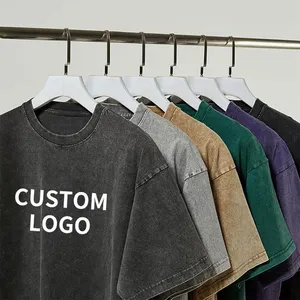



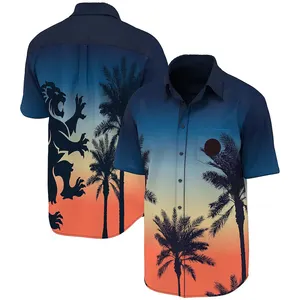






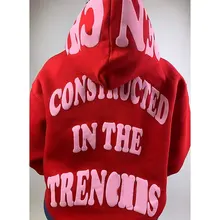








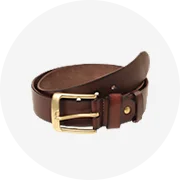

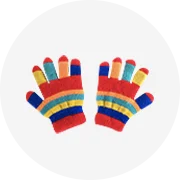
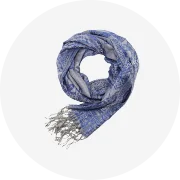
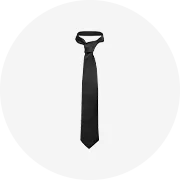

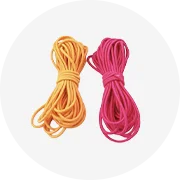


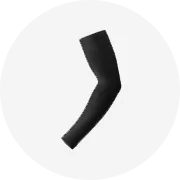


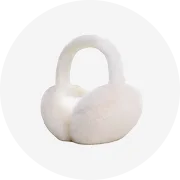

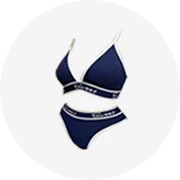
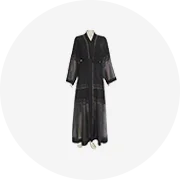








 浙公网安备 33010002000092号
浙公网安备 33010002000092号 浙B2-20120091-4
浙B2-20120091-4